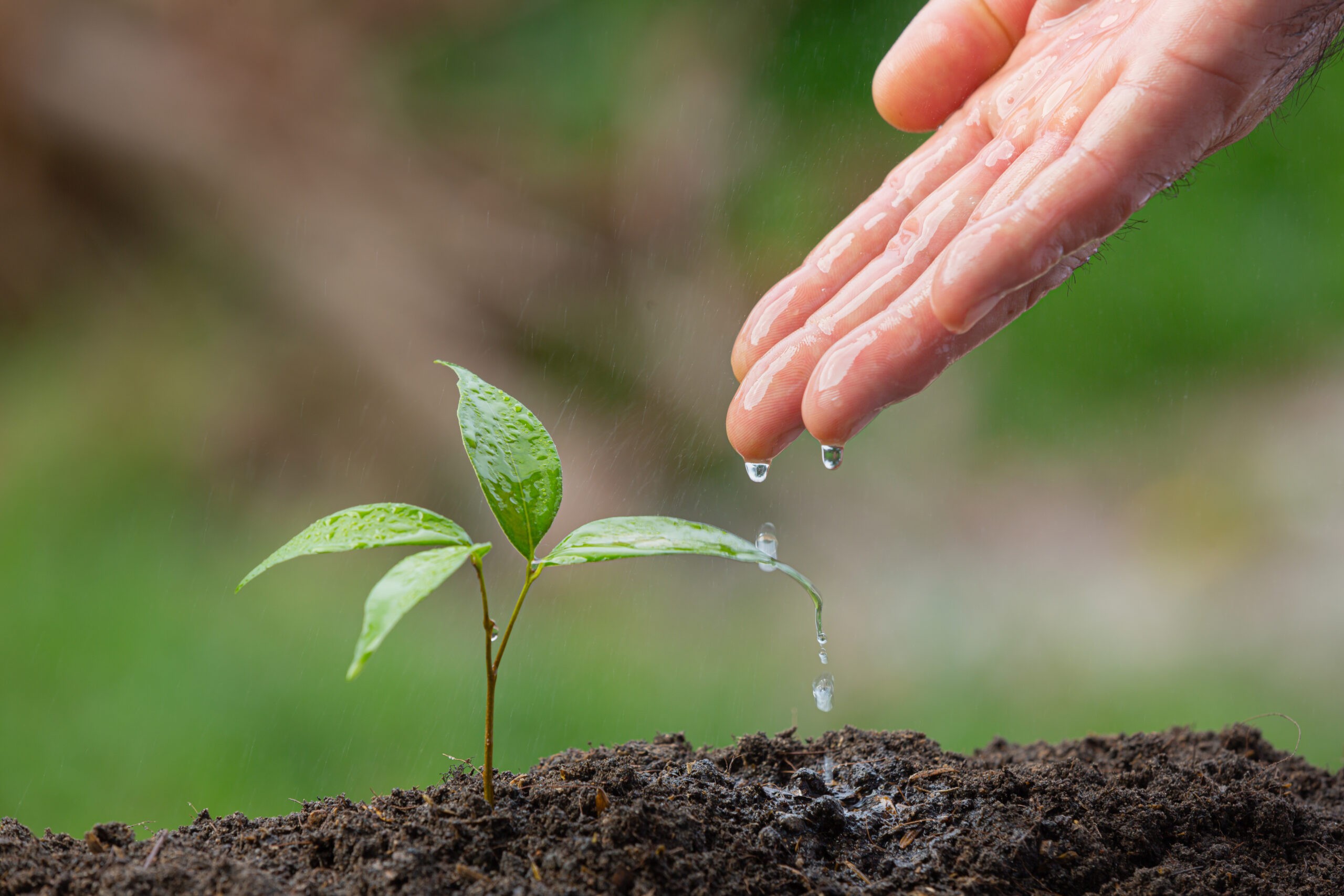The Ministry of Ecology, Environmental Protection and Climate Change of Uzbekistan has presented its National Report on the State of the Environment. (https://unece.org/sites/default/files/2024-02/uzbekistan-state-of-the-environment-ru.pdf)
Prepared with the support of the United Nations (UN) Economic Commission for Europe, UN Environment Programme (UNEP), and the Food & Agriculture Organization (FAO), the document provides a comprehensive overview of the environment, current trends, relevant policy priorities, strategies and other documents aimed at outlining a plan of measures to address environmental problems.
According to the report, water scarcity is one of the most acute problems facing Uzbekistan today. The cause is attributed to the country’s growing population and consumption coupled with the impact of climate change. Over the past 50-60 years, glaciers in the Pskem River basin have diminished by 24%; in the Surkhandarya River basin, by 40%, and in the Kashkadarya basin by 70%. Scientists have now forecast that in the coming decades, the flow of the Amu Darya and Syr Darya rivers may decrease by 5-15%; a fate which will aggravate water shortages in both Uzbekistan and across neighbouring regions.
To prevent such consequences, recommendations have been made to increase fines and taxes for the use and pollution of water resources, invest in the latest treatment systems, and adopt innovative irrigation systems in agriculture. The Aral Sea and its environs, declared a zone of permanent ecological disaster, deserves special attention.
Another key problem highlighted in the report concerns air pollution caused by the growing number of cars, poor fuel quality, an increase in industrial enterprises and the use of coal. Proposed measures to improve air quality include switching to electric transport, installing purification plants and filters in factories, increasing green spaces and decarbonizing the economy.
In addition to data on existing environmental problems, the report describes successful solutions realised by Uzbekistan in recent years. Due to the reforms, the country has managed to significantly increase life expectancy and reduce the spread of infectious diseases. In 2021, life expectancy had risen to 73.8 years, compared to 70.8 years in 2000. In 2021, maternal mortality rate fell to 14.4 per 100,000 live births, compared to 21.4 in 2000. The mortality rate for infants under one year old fell to 6.4 in 2021 from 17.3 in 2000, and that of children under 5, decreased to 12.3 from 28.5 over the same period.
Today, Uzbekistan boasts 14 international conventions and over 20 protocols, agreements and memoranda of understanding in the field of environmental protection and sustainable development. The country has updated and strengthened its commitments on greenhouse gas emissions under the Paris Agreement up to 2030. The Ministry of Ecology is in the process of implementing 31 international grant projects totalling more than $100 million and in the future, will instigate eight international projects worth $40 million.









